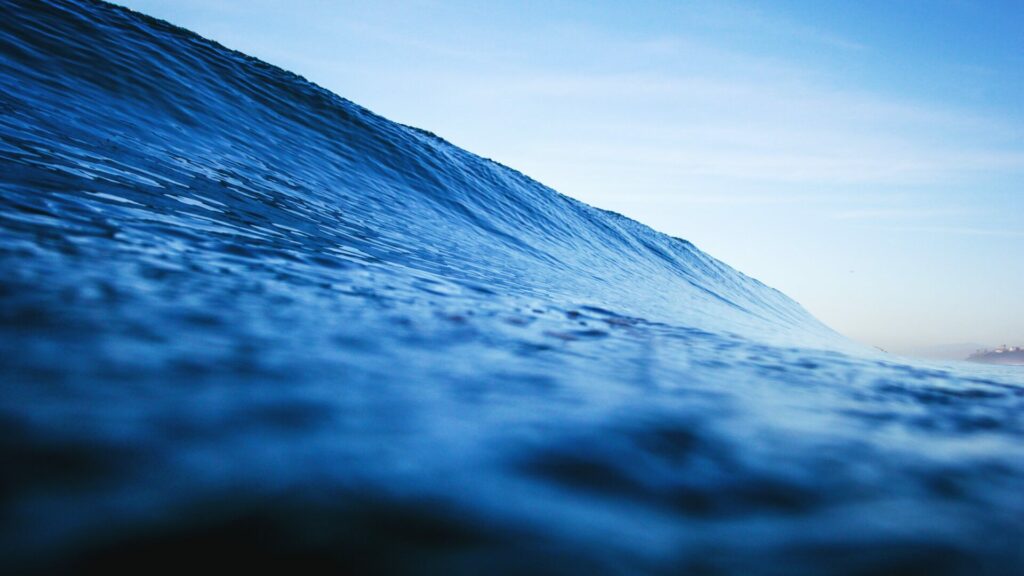Natural carbon sinks such as forests and oceans are increasingly vulnerable, according to ICOS, a European network tasked with measuring CO2 uptake and emissions.
Carbon sinks could eventually become a source of CO2, instead of fulfilling their role of extracting and storing carbon dioxide from the air. ICOS adds that this phenomenon is a cause of climate change. It will also be increasingly difficult to estimate exactly how much CO2 an ecosystem is storing.
"The ocean is one of the most important carbon reservoirs," says Thanos Gkritzalis of VLIZ, the Flanders Marine Institute. "A quarter of our CO2 emissions end up in the ocean. Our North Sea is doing its part, but it is clear that it is becoming more difficult to store CO2 during dry and hot summers."
Related News
- Forest fires in Europe caused the highest emissions in 15 years
- Do Belgians lack climate awareness?
- People in Western Europe most pessimistic about direction world is going in
Our forests are also highly dependent on weather conditions to absorb CO2, according to Bart Gielen from the University of Antwerp. "Our data shows that extreme weather reduces carbon uptake by an average of 18%. It is therefore crucial to adapt forest management accordingly and radically reduce our fossil fuel emissions.”
ICOS concludes, based on its data, that these wells are no longer a stable and regular ally to absorb fossil fuels. "The capacity of our natural carbon sinks varies from year to year, and they are increasingly vulnerable," its latest report says. “This poses a direct threat to the way we attempt to reach the 1.5°C target."

